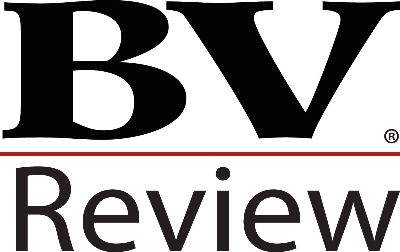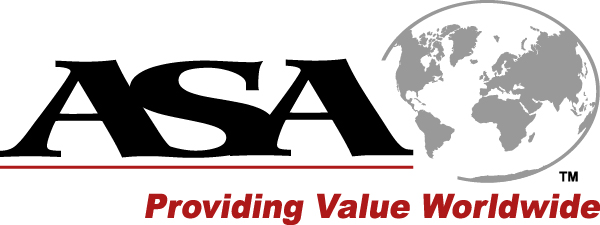Testing the S-Corp Value Premium for Realism and Reasonableness
For almost fifty years, the field of finance and the valuation profession have deliberated over the potential impact of taxation on security prices and costs of capital as well as the value effects of the tax attributes of pass-through entities (PTEs). Hundreds of papers on these topics have been published. Analytic models that offer various approaches to problem resolution have been proposed. Some have been widely used. Debates have been held in court and out. However, all this activity has resulted in a thicket of theory and practice that is neither conclusive nor easy to maneuver with clarity and common sense. The presenting issue for the valuation community—the potential value impact of taxation on PTEs—is only one of a number of nested issues that continue to be explored. To address these, we present and analyze findings from the finance and valuation literatures, as well as publicly available market evidence. We examine the core valuation assumptions currently framing the issues. We then demonstrate the ways in which the current valuation modeling of an S-premium for tax attributes exhibits flaws and fails the test of reasonableness. In closing, we propose that the only supportable value difference, whether positive or negative, between the subject S and its “otherwise identical” proxy C will be captured in the differing income tax rates applied to each. We offer a body of evidence from which the practitioner can prepare and defend realistic treatment of PTE tax attributes and value.

Decline in Taxable Investment Accounts 1965 to 2015

Federal Capital Gains Tax Collections 1954 to 2009

Example A, Illustrating the Effects of Cost Savings

Example B, Illustrating the Fatal Flaw

